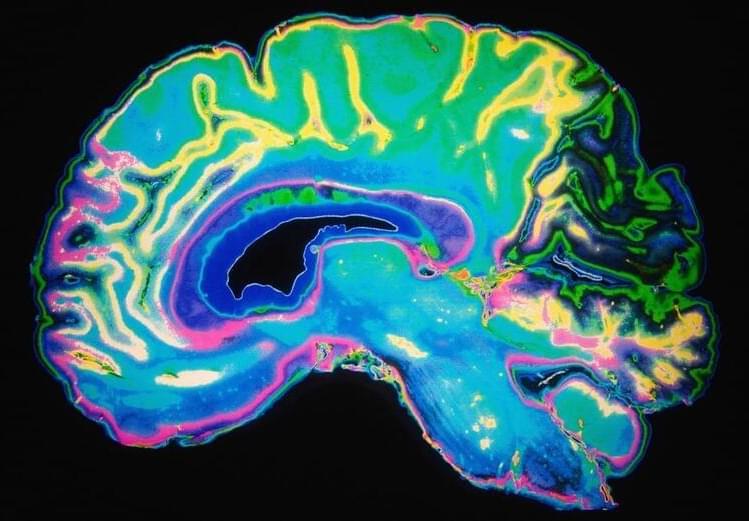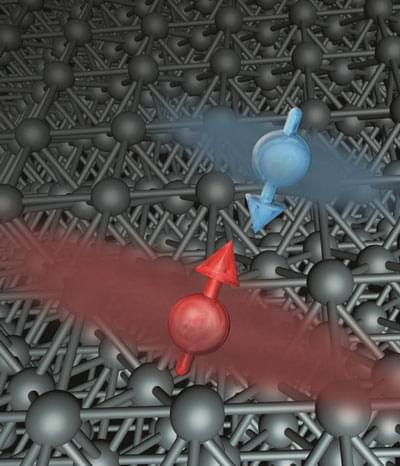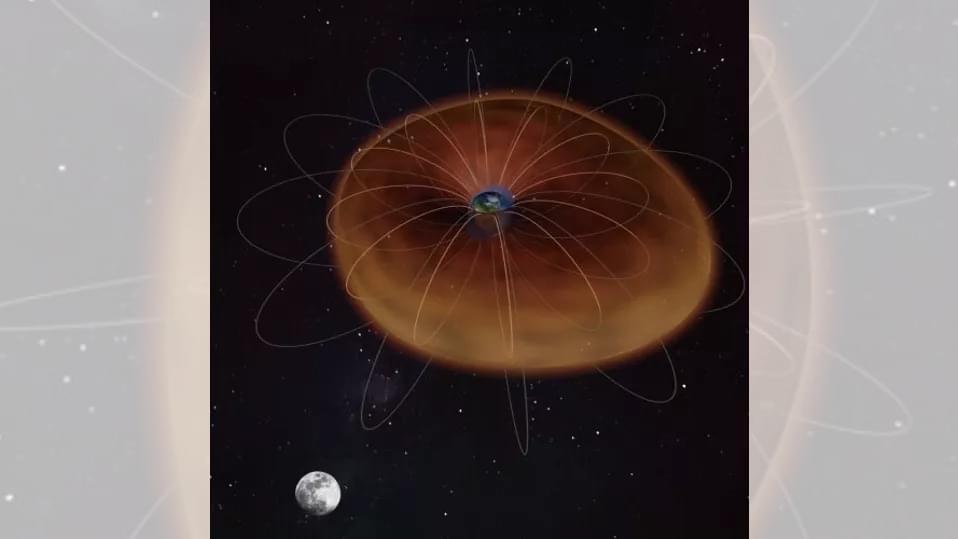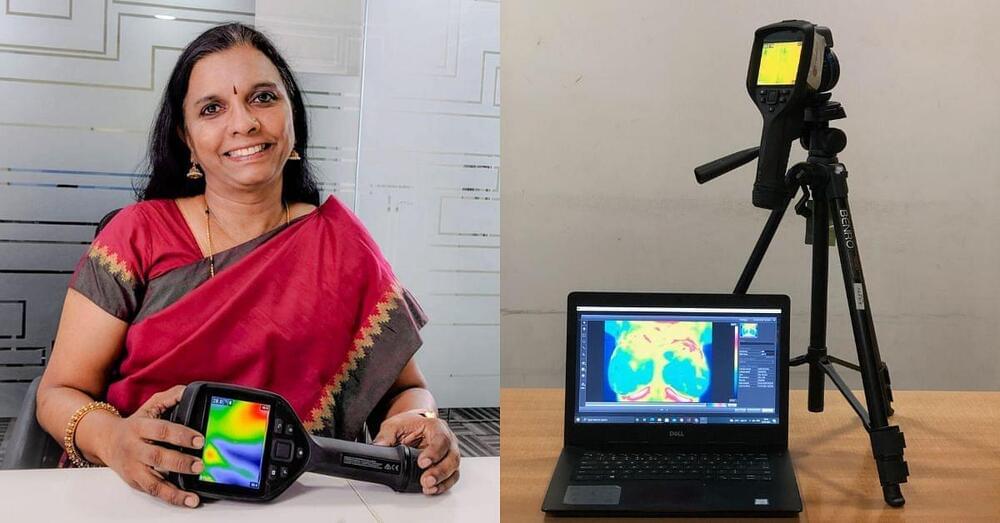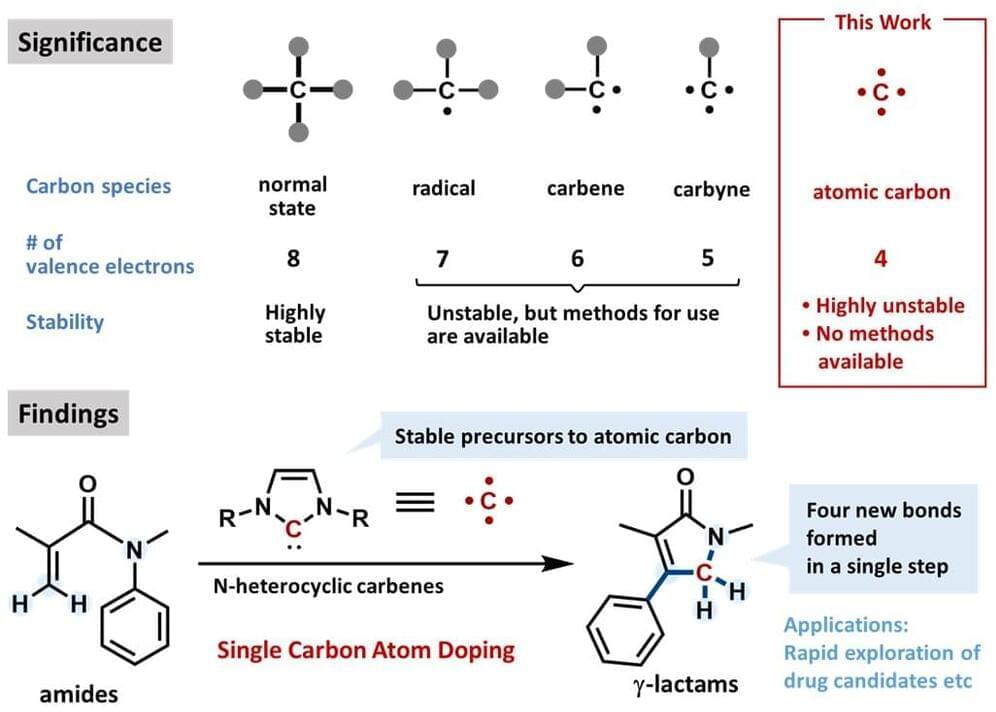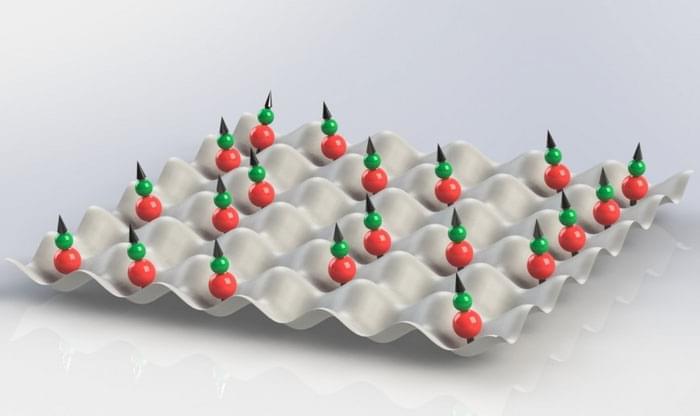
Physicists are increasingly using ultracold molecules to study quantum states of matter. Many researchers contend that molecules have advantages over other alternatives, such as trapped ions, atoms or photons. These advantages suggest that molecular systems will play important roles in emerging quantum technologies. But, for a while now, research into molecular systems has advanced only so far because of long-standing challenges in preparing, controlling and observing molecules in a quantum regime.
Now, as chronicled in a study published in Nature (“Probing site-resolved correlations in a spin system of ultracold molecules”), Princeton researchers have achieved a major breakthrough by microscopically studying molecular gases at a level never before achieved by previous research. The Princeton team, led by Waseem Bakr, associate professor of physics, was able to cool molecules down to ultracold temperatures, load them into an artificial crystal of light known as an optical lattice, and study their collective quantum behavior with high spatial resolution such that each individual molecule could be observed.
“We prepared the molecules in the gas in a well-defined internal and motional quantum state. The strong interactions between the molecules gave rise to subtle quantum correlations which we were able to detect for the first time,” said Bakr.

